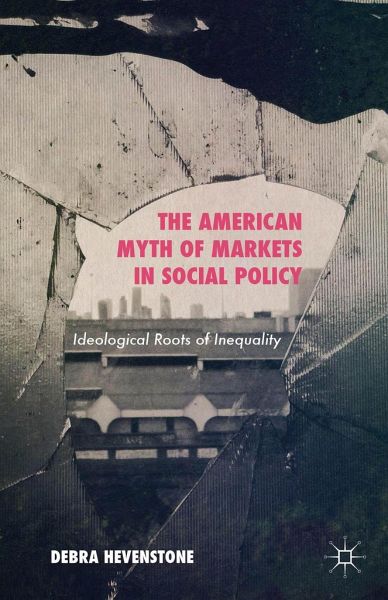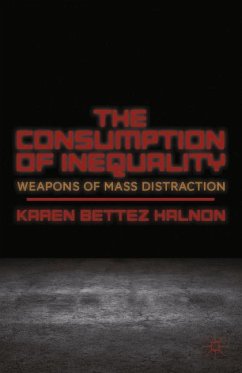
The American Myth of Markets in Social Policy
Ideological Roots of Inequality

PAYBACK Punkte
19 °P sammeln!
The American Myth of Markets in Social Policy examines how implementing American tropes in policy design inadvertently frustrates policy goals. The book investigates multiple market-oriented designs including funding for private organizations to deliver public services, funding for individuals to buy services, and policies incentivizing or mandating private actors to provide social policy. Hevenstone shows that these solutions often not only fail to achieve social goals, but actively undermine them. The book carefully details the mechanisms through which this occurs, and examines several polic...
The American Myth of Markets in Social Policy examines how implementing American tropes in policy design inadvertently frustrates policy goals. The book investigates multiple market-oriented designs including funding for private organizations to deliver public services, funding for individuals to buy services, and policies incentivizing or mandating private actors to provide social policy. Hevenstone shows that these solutions often not only fail to achieve social goals, but actively undermine them. The book carefully details the mechanisms through which this occurs, and examines several policies in depth, covering universal social insurance programs like healthcare and pensions, as well as smaller interventions like programs for the homeless.














